8. Bad Tales
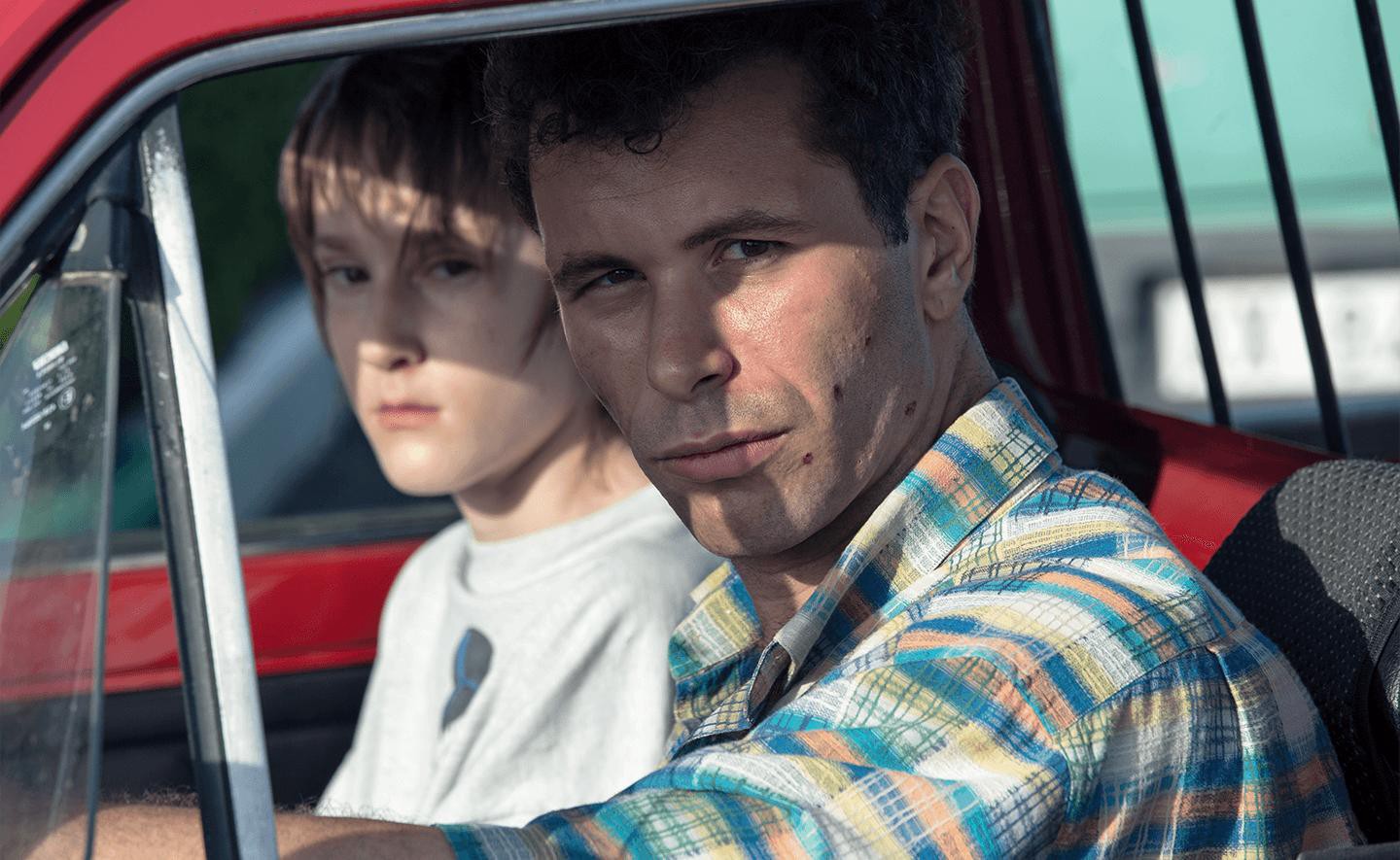
A suburban noir from the D’Innocenzo Brothers (Boys Cry), the consistently allusive Bad Tales is eccentric, admirably madcap, and utterly heartbreaking.
These hyperlinked yarns, set in the suburbs of Rome over the course of one memorably miserable summer, feature incorrigible adults and the maltreated children in their charge and while the cruelties and distrust on display make aspects of the film somewhat challenging (how much abuse can these poor kids endure?), they are never less than fascinating and feature a wealth of convincing child actors and a shrewdly observed screenplay (which deservedly won the Silver Bear in Berlin earlier this year).
7. Father

Serbian filmmaker Srdan Golubović (The Trap) makes a comeback with this moving drama about the eponymous father, Nikola (Goran Bogdan) who is forced by circumstance into taking a 200 mile trek by foot to Belgrade to the National Ministry of Social Services to hand in an appeal in hopes of reclaiming his two children after a fiery family tragedy.
A bleak and heartbreaking tale amidst abject poverty that details the love and devotion of a father for his children, this tale of social realism and the struggle of the working class will resonate with fans of Ken Loach and Mike Leigh. Not to be missed.
6. My Mexican Bretzel
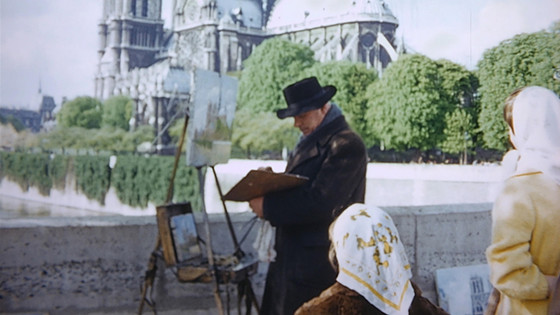
Nuria Giménez’s remarkable first feature is an imaginative collage-like diary/essay film conjuration — at times it lands not unlike David Holzman’s Diary, F for Fake or Grey Gardens — one that is maically part mid-century home movie, part spellbinding travelogue, and all while being entirely original and unique unto itself.
While constantly mesmerized by My Mexican Pretzel this writer admits to not always knowing what elements were real, which were found footage, and which were fiction, nor did I really care. I gazed, blinking, through the looking glass and became ingrained in a colorful daydream that filled my head with sweet sorcery, made my heart beat slow and left my eyes more than just a little wet.
Here is a singular and spectacular little film that takes you places you’ve never been and will have you longing to return.
5. Lapsis
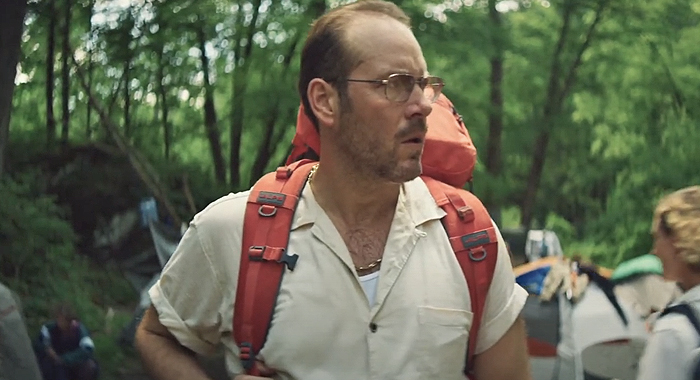
One of the most sheerly enjoyable films at this year’s VIFF, writer-director Noah Hutton’s Lapsis is a dazzling and inconspicuous amalgam of science fiction, social commentary and dark comedy that contains a multitude of tiny and refined pleasures.
Ray (Dean Imperial, excellent) lives in a familiar near-future where the gig economy is the best bet for most Americans, as the gap between the rich and the poor widens.
A cautionary tale with some hilarious and even harrowing conclusions, Lapsis is the best kind of quirky New Age nightmare. It’s a consistently smart and unsettling dystopian prevarication that pretty much has it all; reasonably high stakes, a likeable lead, amusing and observant dialogue, a splash of potential romance for our hangdog hero, cute robots, and a strange but conceivable conspiracy at the center of it all.
Realizing the game is rigged, Ray plays it anyway with what he hopes to be an ace up his sleeve. “That’s what you get Beeftech, you goddamn asshole,” shouts an antagonistic competitor, before adding a last slight of “LOSER!” while he trudges away into the bush, to a better destiny, perhaps. Lapsis may be a modest film but it’s also masterly.
4. Falling
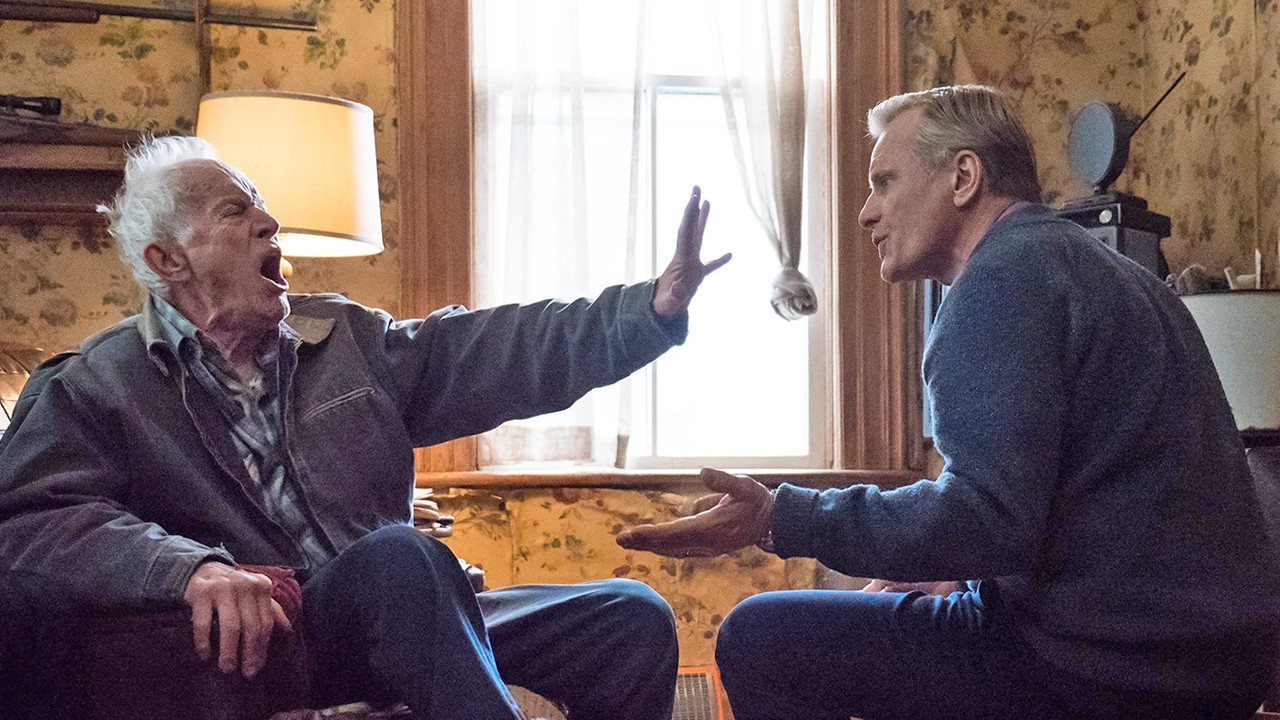
Acrimony, humor, and pathos populate Falling, a gracefully drawn family drama from writer-director and co-star Viggo Mortensen (in his feature length directorial debut). In fittingly fine form and displaying a remarkably perceptive job, this is a film of raw intensity that will no doubt be difficult for some viewers, like myself, as it hits again and again uncomfortably close to home.
Dealing with dementia, bigotry, altruism and unconditional love in ways that show a raw authenticity, Falling also excels with a cast that is uniformly strong, particularly Lance Henriksen (give the man an Oscar already). Mortensen repeatedly shows mastery in a narrative that becomes deceptively quite complex and the ending, exquisitely controlled, is a subtle sting that will move all but the most jaded.
3. Violation
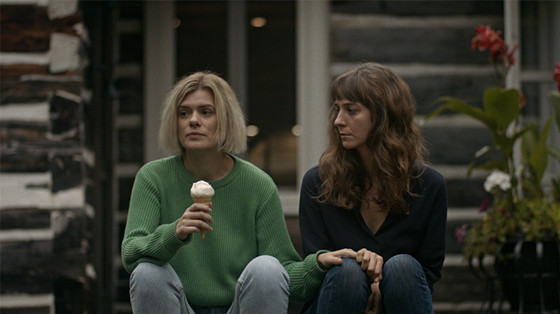
The most audacious genre film of this year’s festival, writer-director duo Madeleine Sims-Fewer and Dusty Mancinelli make a debut feature that’s hard to look at but even harder to look away from. Violation is that too rare a feminist rape-revenge film that actually IS feminist. It’s not just posturing and exploitation (the only nudity here is that of the rapist, and the crime itself is shot with surreal ferocity in a powerful but not at all gratuitous manner).
Over the course of a brief and already uncomfortable reunion with her sister, Greta (Anna Maguire), Miriam (Sims-Fewer) is drugged and assaulted by Dylan, her brother-in-law (Jesse LaVercombe).
As Miriam makes her play to out her assailant and the hypocrisy and ignorance in her midst the fittingly shaky and drunken lensing of cinematographer Adam Crosby, brilliantly paired with Andrea Boccadoro’s moodily effective score, and the bold and brash narrative leaps of the sometimes obfuscated screenplay all mount up to mental anguish and horrific mastery. Make no mistake, Violation is a disturbing, gutsy, tough, and rewarding experience that you’ll crawl away from and, as you recover from it, you’ll be both overwhelmed and ultimately very moved.
2. Time

An incredibly touching and altogether tremendous documentary by Garrett Bradley that couldn’t be more relevant. Time is a film very much of this moment, even though it spans twenty agonizing and unforgettable years.
Time is a film about oppression and unconquerable love (there will be no spoilers here, just see it). I doubt there will be another film as potent and poignant as this for the rest of the year. Absolutely astounding.
1. Possessor
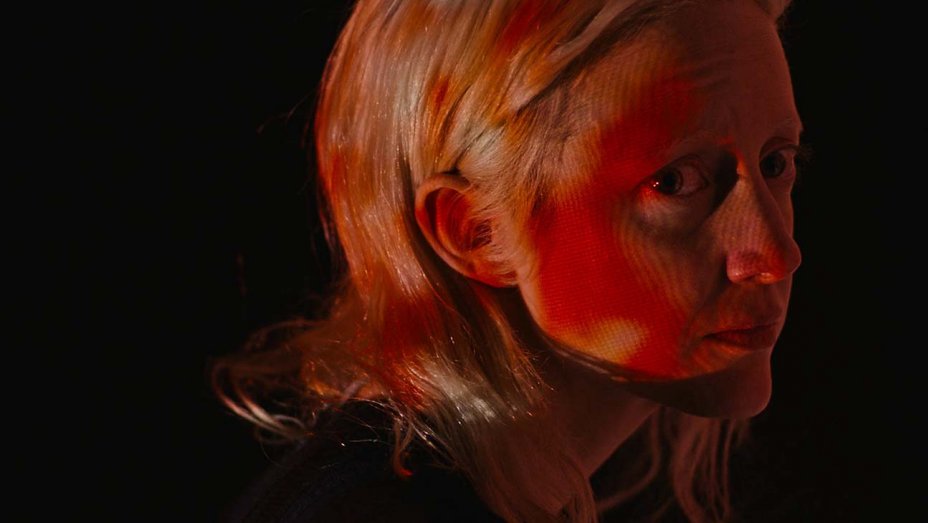
The premise of Brandon Cronenberg’s extreme genre thriller Possessor lands like lightning as futuristic technologies meld with a worn, vintage esthetic. Contract killer Tasya Vos (Andrea Riseborough), a corporate agent working under Girder (Jennifer Jason Leigh), uses state-of-the-art brain-implant tech to assassinate her targets. A murderer for hire, Vos inhabits her subject’s bodies, against their will, committing the murders through them, before forcing said subjects to end their own lives in a perfect crime scenario.
There’s high risks not just in this rattling and disruptive brain-augmenting procedure and its recovery, but also in the emotional toll and the fragile bonds of Vos’s already crumbling family life with her estranged husband and young son.
As the Possessor lurches forward the theme of voyeurism proves an intriguing one, at times playing out like The Conversation as directed by the Marquis de Sade.
An incredibly confident and fully-realized film, Possessor finds Cronenberg fully in control and unafraid of shocking his audience as his dark and deadly tale builds with the momentum of a freight train screaming through a railyard late at night. His leads have never been better either, starting with Riseborough, who was so vulnerable and ethereal in Panos Cosmatos’s Mandy (2018), here she’s a terrifying persona non grata psychopath being sucked into the abyss. And as her prey, Chrisopher Abbott (It Comes At Night) is alternately utterly sympathetic and wholly sinister when his actions are manipulated by Vos for the most wicked and homicidal of purposes.
Utilizing stylish yet often austere cinematography from Karim Hussain, as well as gifted production design from Rupert Lazarus, along with a bevvy of suitably brutal and bloody practical effects, Possessor is an uneasy but nonetheless awesome experience. Miss this movie at your own peril.
Author Bio: Shane Scott-Travis is a film critic, screenwriter, comic book author/illustrator and cineaste. Currently residing in Vancouver, Canada, Shane can often be found at the cinema, the dog park, or off in a corner someplace, paraphrasing Groucho Marx. Follow Shane on Twitter @ShaneScottravis.